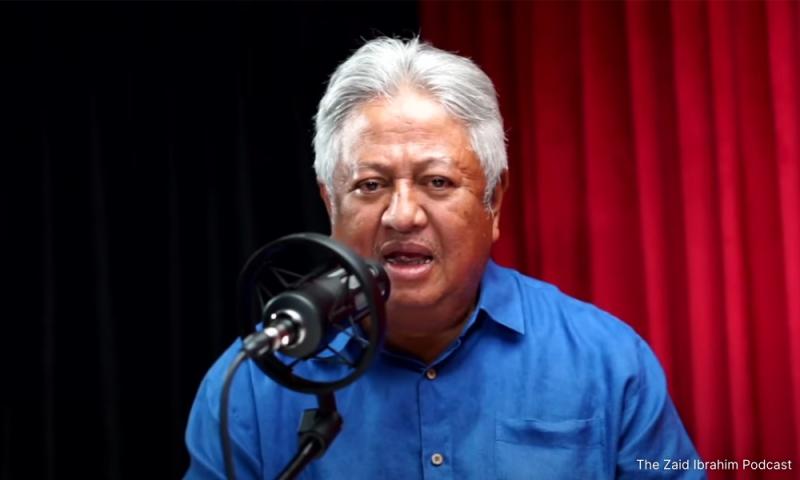I refer to the recent statement by the Chief Justice Ahmad Fairuz Sheikh Abdul Halim that the judiciary must be completely independent of the executive, and his call for Sessions Court judges and magistrates to come directly under the chief justice. This call also included a doing away of the Judicial and Legal Services Commission.
I wish to point out that just bringing the Sessions Court judges and magistrates under the judiciary is not sufficient. It is important that it also be extended to the Senior Assistant Registrars (SARs), Deputy Registrars (DRs) and the Registrars as well. There is also a need to put into place mechanisms and safeguards - like that we now have for judges - for these judicial officers.
There is also a need to look into the selection process of judicial officers. It is absurd today that we have some young graduate sitting as SAR of the High Court, making decisions that may lead to judgment for the plaintiff or the striking out of a suit for some reason or another. One wonders why we have things like monetary and other jurisdictions for Magistrate Courts, Sessions Courts and the High Courts at all.
There was thinking at one time that we should not even have a person of less than five years standing sitting as a magistrate or in any other judicial position. This would be a good thing, realising that in Malaysia, we still treat our university students as 'school students' who are expected to just study textbooks and not get involved in social and current affairs. University students are not even allowed to 'sympathise' with, let alone mingle, with politicians (especially those not in the ruling coalition) and even the trade unionists.
Hence, it would be best that some years of working experience outside the artificially-controlled environment created by the Universities and Universities Colleges Act (UUCA) be first gained. For persons who shall be sitting in a judicial capacity, there must be a certain number of 'working years experience'. We need, possibly, some sort of judicial appointment commission which will be looking also at the appointment of judicial officers.
If we still do want to get fresh graduates appointed as judicial officers, then maybe they should be appointed as SARs and DRs but their role must be reviewed. Maybe SARs and DRs should just be there to assist the judges in doing the necessary research work - not sitting and hearing interlocutory applications save for those that will not have the effect of them giving final judgment and/or dismissing a suit.
There may also be a need to create a new body of 'court police' which is separate and independent of our normal police. This 'court police' would be under the judiciary and should be wearing a different kind of uniform. This would be in the public interest.
Now, a person is arrested by the police, interrogated and sometimes 'tortured' by the police. He is then brought before a magistrate within 24 hours, and standing round and beside the magistrate the suspect sees the same police (the same uniform) and naturally, he is scared to even complain about any failings or 'torture' by the police during his arrest and detention
In court, after he is charged, every time he comes to court, he sees the same police (same uniform) sitting and recording his case in court and leading him in and out of the court lock-up. This too may put 'fear' into some accused persons preventing him from disclosing what some other police persons had done to him which may be relevant to ensure that justice is done. There is, thus, a need for a 'court police'.
Likewise, we must also be thinking of getting all court staff under the judiciary and separate from the executive.
All these and other things are important in ensuring not just an independent judiciary but also a public perception of an independent judiciary.




